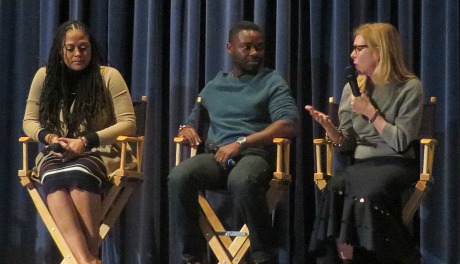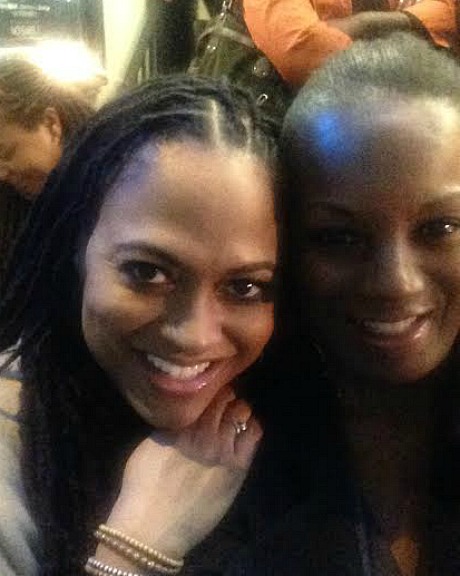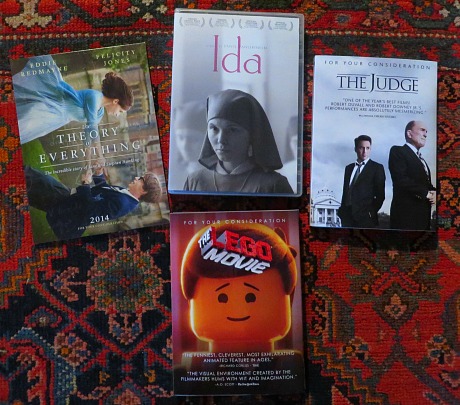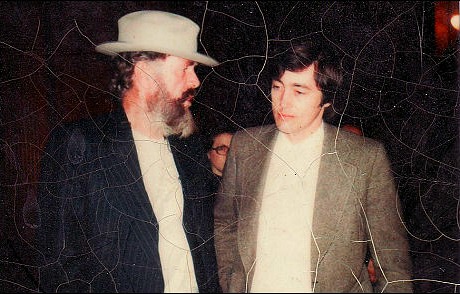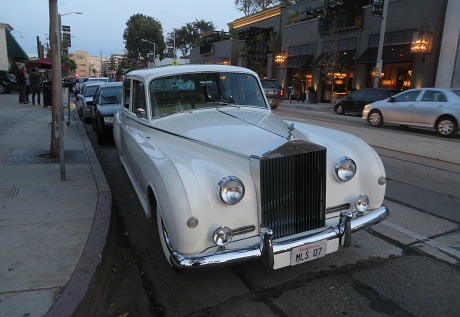It’s interesting to note that the 11.22.63 Dr. Strangelove screening would have happened at the former Leow’s Orpheum (now AMC Leows Orpheum 7), which is way the hell up on Third Avenue and 86th Street. Nowadays nobody holds screenings north of 68th or 72nd Street on either side of town. I don’t think I attended an invitational screening on 86th Street during my entire 2008-to-2011 New York experience. And note the time — 8:30 pm. No invitational screenings start at that hour these days. For as long as I’ve been a journalist they’ve all begun at 7 or 7:30 pm. This harkens back to the ancient theatrical tradition of Broadway plays starting at 8:30 pm.



